
Respiratory health is one of the most important aspects of your overall wellness. Herbs are a great way to support your immune system and help prevent respiratory infections such as coughs, colds, sore throats, and more.
Herbs for respiratory health can be beneficial at any time of the year, but it's especially crucial to use herbs when your lungs are under strain during winter.
Thyme
Thyme has been used for centuries as a respiratory remedy, helping to alleviate coughs and fight infections. It is also a natural expectorant and antiseptic, helping to expulse mucus and reducing swelling.
It is also a good source of vitamin C, which is a powerful antioxidant and has anti-inflammatory properties. The herb can be taken as a tea or in capsule form, to relieve respiratory ailments.
Another benefit of thyme is its ability to help control blood pressure. Researchers have found that an aqueous extract of thyme reduced blood pressure in rats.
Thyme is a well-known herb that is used around the world as a medicinal and culinary plant. It is known to treat a range of respiratory diseases and conditions, including asthma and whooping cough. It can also be used to improve digestion, promote a healthy immune system and boost energy levels.
Kumerahou
Kumerahou is a unique and very nutritive herb, rich in antioxidants and essential minerals, it supports the lungs and the liver, assisting the body to detoxify. It also promotes skin health.
Kumarahou has a long tradition in New Zealand, traditionally it was referred to as a gum digger's soap and it is used in herbal medicine to help with respiratory conditions such as coughing fits and asthma, as well as supporting the skin, liver and kidneys.
Its expectorant action comes from saponins, which help to dissolve things (kind of like a soap). This makes it great for cleansing the lungs and bronchial tubes as well as helping to support normal breathing.
It's often taken as a tincture or in a tea. For maximum benefit, it should be diluted with water and taken a few times daily.
Hoheria
Hoheria is a native plant from New Zealand that is used as a natural treatment for respiratory health. The leaves and inner bark contain polysaccharides which can be soaked in cold water to form a mucilage that coats the linings of the lungs and digestive tract, calming irritation and inflammation.
It is also used for the treatment of respiratory conditions, such as asthma and bronchitis. It is often taken as a tincture or as a tea, which helps to soothe and calm the symptoms of these conditions.
The herb has a goopy mucilage that is really soothing to the throat and can help to ease coughing fits. It is often added to a hot bath or taken as a tincture to soothe the throat and reduce irritation.
It is a tender garden plant that can grow in coastal regions, but should be protected from harsh weather as it is highly susceptible to wind damage. Generally, it thrives in full sun or part shade but is preferable in moist, slightly damp soil, with a neutral PH balance.
Mullein
Mullein is a traditional herbal remedy used for respiratory conditions including coughs, bronchitis and asthma. It can be consumed as a tea or in the form of tincture.
It is a known expectorant, helping to expel excess mucus from the lungs, and it also soothes mucus membranes. In addition, it contains mucilage, which is a gelatinous substance that coats and protects the mucous membranes.
In addition, mullein has antiviral properties and is believed to fight some viral infections such as the influenza virus. However, more research is needed to fully understand its benefits.
Medicinal herbs that are immuno-regulatory help support a normal immune response to the body's environment, which can prevent infections from occurring in the first place. This is especially useful for respiratory conditions such as coughs, chest colds and asthma.
Frequently Asked Questions
Why do some love coriander and others don't?
Some people hate coriander, while others love it. But why?
Coriander is an herb that grows in warm climates throughout the world. It is native to both North America and Europe.
The leaves of the plant are used in cooking and can also be found in condiments such as salad dressings and dips. When added to food, coriander provides a spicy flavor.
Many people love its taste because it adds a fresh flavor to dishes without overpowering them. Others dislike the smell and taste of coriander because they find it too strong.
But there is more to coriander than meets the eye. There are two types of coriander – sweet and hot. Sweet coriander is milder and sweeter tasting compared to hot coriander.
Sweet coriander is usually grown for its seeds, often called cilantro. This type of coriander is easy to grow and is very low maintenance.
Hot coriander is most commonly used in Indian cuisine. Hot coriander gives a rich flavor to curries and sauces, making it popular among Indians.
Some people say that hot coriander tastes better than sweet coriander. However, the opposite is true for those who prefer sweet coriander.
There are many reasons why people enjoy different varieties of coriander. For example, one person may love the taste of coriander, while another enjoys the aroma.
Whether you like sweet or hot coriander, you might be surprised to learn that you can buy both types of coriander online.
Is eating raw basil good for you?
I'm sure everyone knows that fresh herbs are great for cooking but did you know that you could eat them too? Raw, uncooked herbs are packed full of nutrients and vitamins that we normally have to cook.
They contain more antioxidants than any fruit or vegetable. And they also help our immune systems stay strong and healthy.
The best way to enjoy these delicious little green gems is to eat them raw from the garden. But there's nothing wrong with enjoying them cooked, either. They taste even better when sautéed in olive oil and served alongside pasta or rice.
There are lots of ways to incorporate raw herbs into recipes. Add them to salads, soups, sandwiches, wraps, omelets, stir-fries, and pesto.
Just make sure you wash them well first!
What herb heals all wounds?
The answer to this question varies depending on the type and severity of the wound.
The herb comfrey (also known as knitbone) has long been used for its healing properties, particularly for skin injuries such as cuts and bruises.
Studies suggest that comfrey contains allantoin, which helps speed up healing. Other herbs commonly used for healing wounds include calendula, plantain, and yarrow. These herbs help to reduce inflammation, stop bleeding and speed up the skin's healing process.
In addition to herbs, honey has also been found to have powerful antimicrobial properties that can help prevent wound infection.
Herbs for wound care is an age-old practice that continues to be used today. However, herbs should not replace medical treatment, and always consult your doctor before using herbs for healing. With the right herbs, you can give your body the support it needs to heal naturally.
What herbs should you take daily?
Depending on your health and wellness needs, many herbs can be taken daily to help improve your overall health.
Popular herbs for daily consumption include ashwagandha, turmeric, ginger, holy basil, chamomile, lavender, peppermint, and cayenne pepper. Ashwagandha is an adaptogenic herb that can help the body resist stress and anxiety. Turmeric is known for its anti-inflammatory properties, while ginger has been shown to aid digestion and boost immunity. Holy basil may help with managing blood sugar levels, as well as providing a calming effect. Chamomile can promote relaxation, while lavender is used in aromatherapy for its calming properties. Peppermint can help aid digestion and reduce nausea, while cayenne pepper has antibacterial properties that may boost your immunity.
As always, you must consult your doctor before taking herbs daily to ensure they are safe for you and do not interact with any other medications or herbs you may be taking.
There is no shortage of information on what foods we should eat and how much exercise we should do. But when it comes to what supplements we should take, there is a dearth of knowledge.
This is because most of us aren’t sure which ones work or which are junk. So we go online and look up whatever we can find.
But often, these articles are written by companies trying to promote their products. Which means they're usually biased toward their product.
So instead of finding unbiased advice, we end up reading marketing hype.
This makes sense since marketers make more money selling stuff than doctors.
The medical industry isn’t even allowed to advertise directly to consumers anymore. The best way to learn about natural remedies is to read independent reviews.
This is where you'll find real users sharing their experiences with each supplement. These sites give you an honest opinion of whether or not a particular herb helps.
Users will often share their experience with a supplement after taking it. This gives you a good idea of its effectiveness and any side effects.
You can also check out forums dedicated to herbalism. Here you can ask questions and receive answers based on personal experience.
Of course, there are plenty of other ways to learn about herbs.
There are books, websites, blogs, videos, podcasts, and classes. All of them provide valuable information about natural remedies.
What is the mother of all herbs?
The answer may surprise you!
It is a common garden herb known as rosemary (Rosmarinus officinalis). Rosemary has long been associated with fertility, longevity, and protection from illness. In some cultures, it was believed that the fragrance of rosemary could ward off evil spirits.
As such, it has been used for centuries in various medicinal, culinary, and spiritual applications. Rosemary has a unique flavor that pairs well with many dishes, making it a popular choice in the kitchen. Its fragrant leaves also add flavor to sauces, herbs, and meats.
Rosemary is a powerful medicinal herb used throughout the centuries to treat various ailments. Rosemary essential oil can treat respiratory tract infections, digestion problems, skin irritation, and inflammation. Its anti-inflammatory properties make it helpful in treating headaches and muscle pain as well. In addition, the oil has been used to improve cognitive function and memory recall. Rosemary can also be taken as a supplement, tea, or tincture for its many benefits.
It's no wonder rosemary is known as the mother of herbs! It truly is a versatile and valued herb.
Statistics
- The herbs market is highly competitive, with over 1,000 herb suppliers and over 15,000 herbs products available in the United States alone.
- Herbs are among the most popular and widely used medicinal remedies. According to a survey conducted by the National Institutes of Health, herbs were used by over 38% of adults in the United States.
External Links
amazon.com
ncbi.nlm.nih.gov
- Antioxidant capacity of 26 spice extracts and characterization of their phenolic constituents - PubMed
- Cinnamon: A Multifaceted Medicinal Plant - PMC
doi.org
pubmed.ncbi.nlm.nih.gov
How To
How to Use Herbs and Spices in Cooking?
Herbs and spices are a great way to add flavor without adding calories. If you've been cooking for years, you already know how easy it is to make even bland foods taste delicious. Try these tips to add more flair to your dishes.
Herbs and spices are essential ingredients in any kitchen. In addition to making food taste better, they also help keep food fresh longer. From enhancing the flavors of soups and sauces to infusing drinks with exotic tastes, herbs and spices go far beyond traditional cooking.
The most important thing to remember when using herbs and spices is to use them sparingly. Even though they may seem like powerful ingredients, they have a strong scent. So, sprinkle them on top instead of piling them onto a dish.
You'll find that the best herbs and spices come in small containers. This makes them easier to measure out, so there won't be any waste. Plus, you'll save money because you won't have to buy large amounts.
Another tip is to avoid placing herbs and spices directly on hot pans. Heat will quickly dry out the herbs and spices, leaving a bitter aftertaste. Instead, place them on paper towels to absorb excess moisture.
Use herbs and spices liberally in recipes where they naturally complement each other. For example, cinnamon pairs well with apples, while garlic complements tomatoes. Once you learn how to combine flavors, you'll be able to create your signature dishes.
Try experimenting with different herbs and spices to spice up meals. For instance, mix thyme, rosemary, oregano, and basil in a bowl. Add salt and pepper to taste. Then toss the mixture with pasta, chicken, or fish.
After the meal, store leftover herbs and spices in airtight jars. This will prevent them from drying out. Also, wrap unused herbs and spices tightly in plastic wrap. They should stay fresh for at least three months.
If you're looking for ways to improve your diet, consider trying new herbs and spices. You can experiment with different blends until you discover your favorite combination. The possibilities are endless!
Resources:
 |
10 Tips To Clear Blood Clots (Naturally)In this video we explore 10 tips to clear blood clots naturally to protect against strokes, heart attacks, deep vein thrombosis etc.. The human body is |
 |
8 of my Favorite Herbs to use to Sleep| How To Sleep Better With These 8 Natural Herbs | Good Sleep8 of my Favorite Herbs to use to Sleep| How To Sleep Better With These 8 Natural Herbs | Good Sleep Get 15% off your first purchase of Dr. Peace Lily's |
 |
Going Through My Medicinal Herbs: Organizing the Apothecary part 1Take a little journey with me into my herb room, where I store my medicinal herbs. I'm in the process of going through these and my herbal preparations |
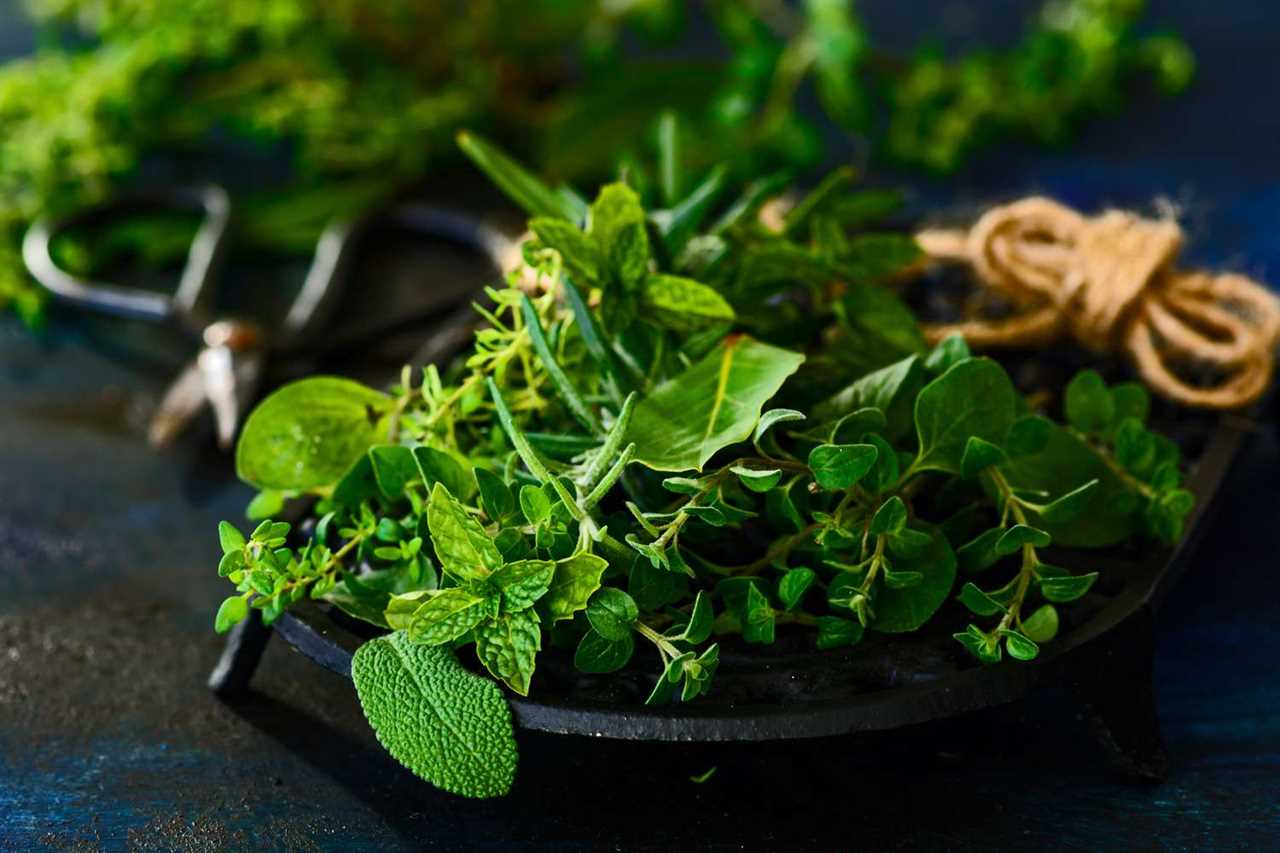 |
Food as Medicine with Master Herbalist Patrick DelvesAccording to Master Herbalist Patrick Delves, "People are bombarded with different sicknesses because of lack of knowledge and they are now slaves to the |
 |
It''s starting, Bill Gates announces the next pandemic date and outbreak location | Redacted NewsWell Bill Gates and the WHO have ran a simulation of the next pandemic, coming soon to a government near you in 2025. The Johns Hopkins Center for Health |
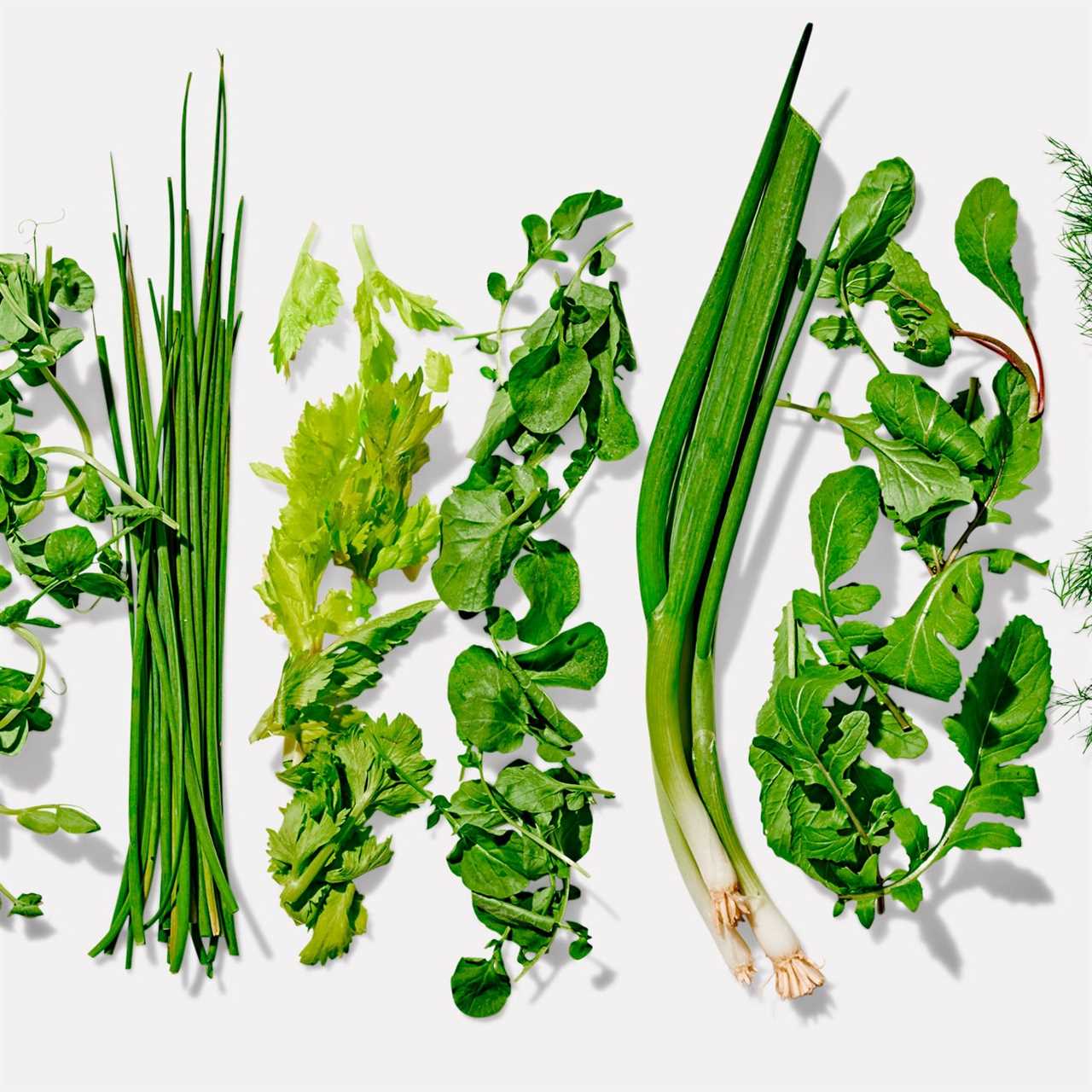 |
Everything Wrong with Dr.Berg’s Channel (The Amount of Misinformation is INSANE!)Go to https://thld.co/kettleandfire_abbey_0622 and use code ABBEY for 20% off a variety pack today! Thanks to Kettle and Fire for sponsoring today's video |
 |
How I Reversed 20 years of Arterial PlaqueClick this link for more Videos! https://www.youtube.com/channel/UCmoEsq6a6ePXxgZeA4CVrUw?sub_confirmation=1 The Demonization of Stati […] |
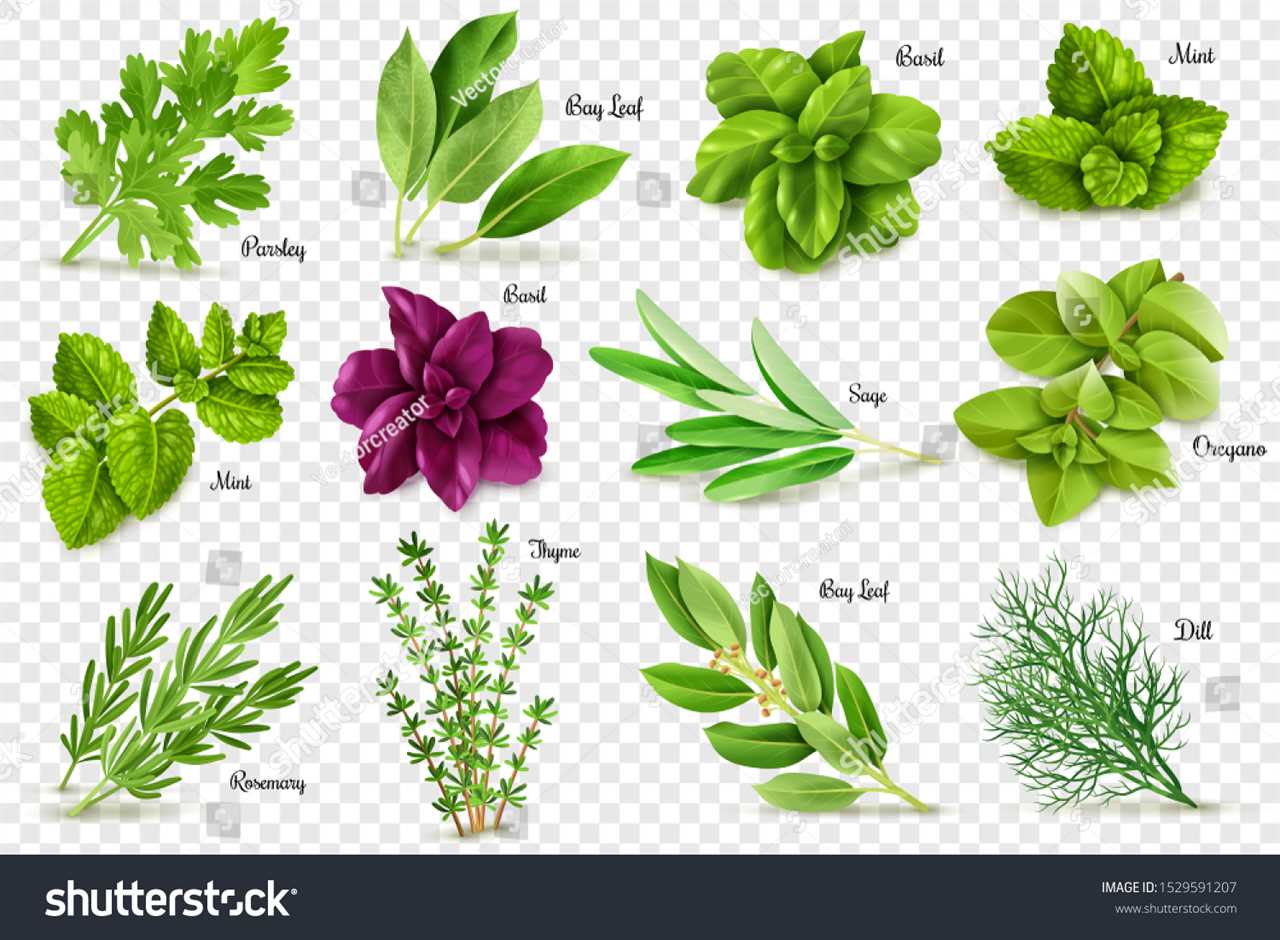 |
Formulating a STRONG Respiratory Tincture!herbalism #apothecary #homesteading This time of year is the season of giving... Germs included! Join me as I blend a strong tincture with the intentions to |
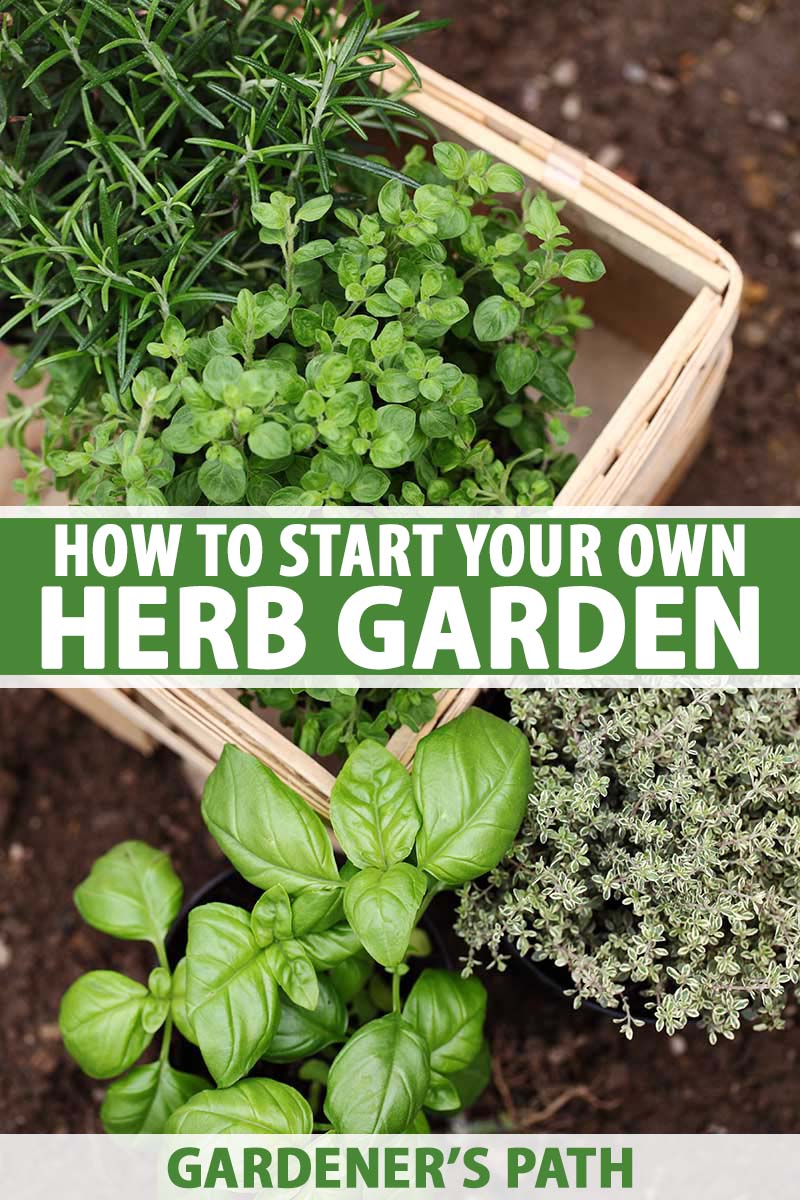 |
Herbs that Heal with Simon MillsToday on the podcast I have the pleasure of talking to Simon Mills, a complementary health pioneer from the inception of the term in 1979, and later in the |
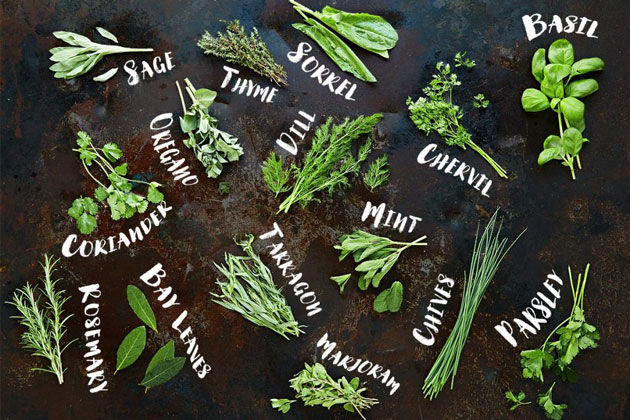 |
The Geography of Spices and HerbsSpices are one of the best part of eating. But just like fruits, every spice has a different story to be told. Today we're diving into the geography behind |
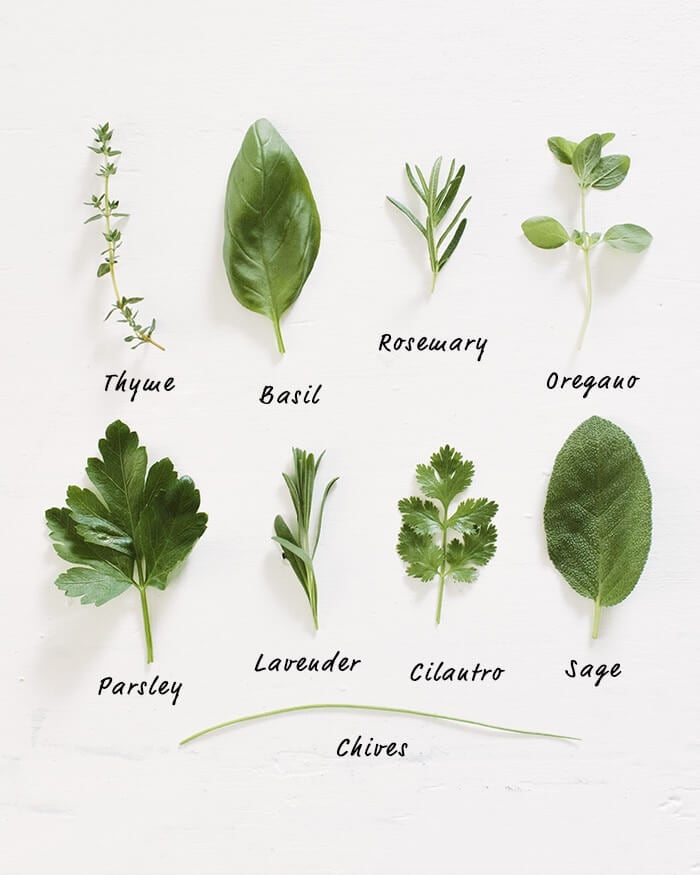 |
Tips For Dehydrating FoodsThe body reacts to dehydration by stimulating the thirst center, a powerful urge to drink fluids. However, if water intake does not match the amount.. |
 |
Join 10,000 Students Who Have Learned Herbs with Michael and Lesley Tierra - East West School of Planetary HerbologyLearn herbs from respected professional herbalists offering world-class herbalist training. The NEW Professional Herbalist Course includes courses on over 600 |
 |
How to Get Your Hands on TurmericTurmeric is one of the best natural remedies available for many ailments, from arthritis to cancer. Its properties are known for its powerful.. |
 |
Slippery Elm and EssiacSlippery elm is native to eastern North America and has numerous uses, including the treatment of GERD and irritable bowel syndrome. However,.. |
 |
Health Benefits of DillDill is an annual herb in the celery family Apiaceae. It is the sole species of the genus Anethum and is widely cultivated in Eurasia. The herb is.. |
 |
Licorice Root Benefits and Side EffectsLicorice is a flowering plant of the bean family, Fabaceae, and it is used as a sweetening agent. The root of Glycyrrhiza glabra is extracted for its |
 |
What Are the Benefits of Green Tea?Whether you're trying to lose weight or simply feel better, green tea is a great way to get the benefits you're looking for. It contains catechins.. |
 |
The Best Way to Chop Fresh HerbsTo properly chop fresh herbs, you should purchase them in a deep green color and smell fresh. You should then wash them well under running water and.. |
 |
Seasoned Baby PotatoesIf you're looking for a recipe for seasoned baby potatoes, you've come to the right place. Learn how to make seasoned potatoes with herbs and spices, |
 |
Health Benefits of Italian ParsleyBefore using Italian parsley, rinse it thoroughly under cool water. This will help remove any dirt or dust that may be attached to the leaves. Wrap.. |
 |
The Benefits of Herbal TeaHerbal teas are made from the infusion of plants and other plant materials. They are also known as herbal infusions or tisanes. Although there are.. |
 |
Herbs in Pots - How to Grow Delicious Herbs in PotsThere are many things to know when growing herbs in pots. The growing conditions, Containers, Soil amendments and watering are just a few of the.. |
 |
Choosing Annuals For Your Herb GardenIf you have ever wanted to have an herb garden, it is important to know that there are several important factors to keep in mind. Herbs require good.. |
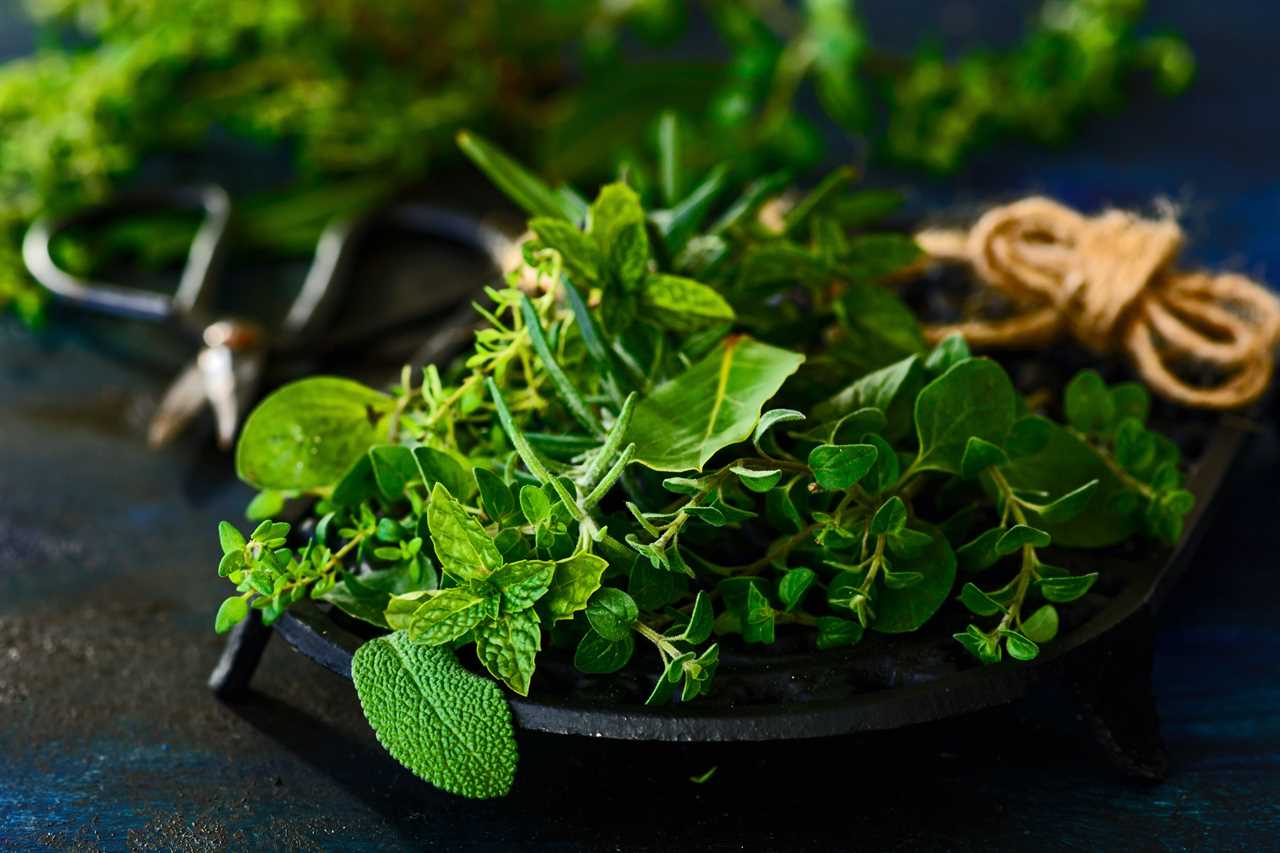 |
Home of HerbsFind out more about herbs and how to use them |
 |
The Advantages of Substituting Dried Herbs For FreshThere are many advantages to substituting dried herbs for fresh. They are cheaper, more potent, and less dusty. These are the reasons that I prefer.. |
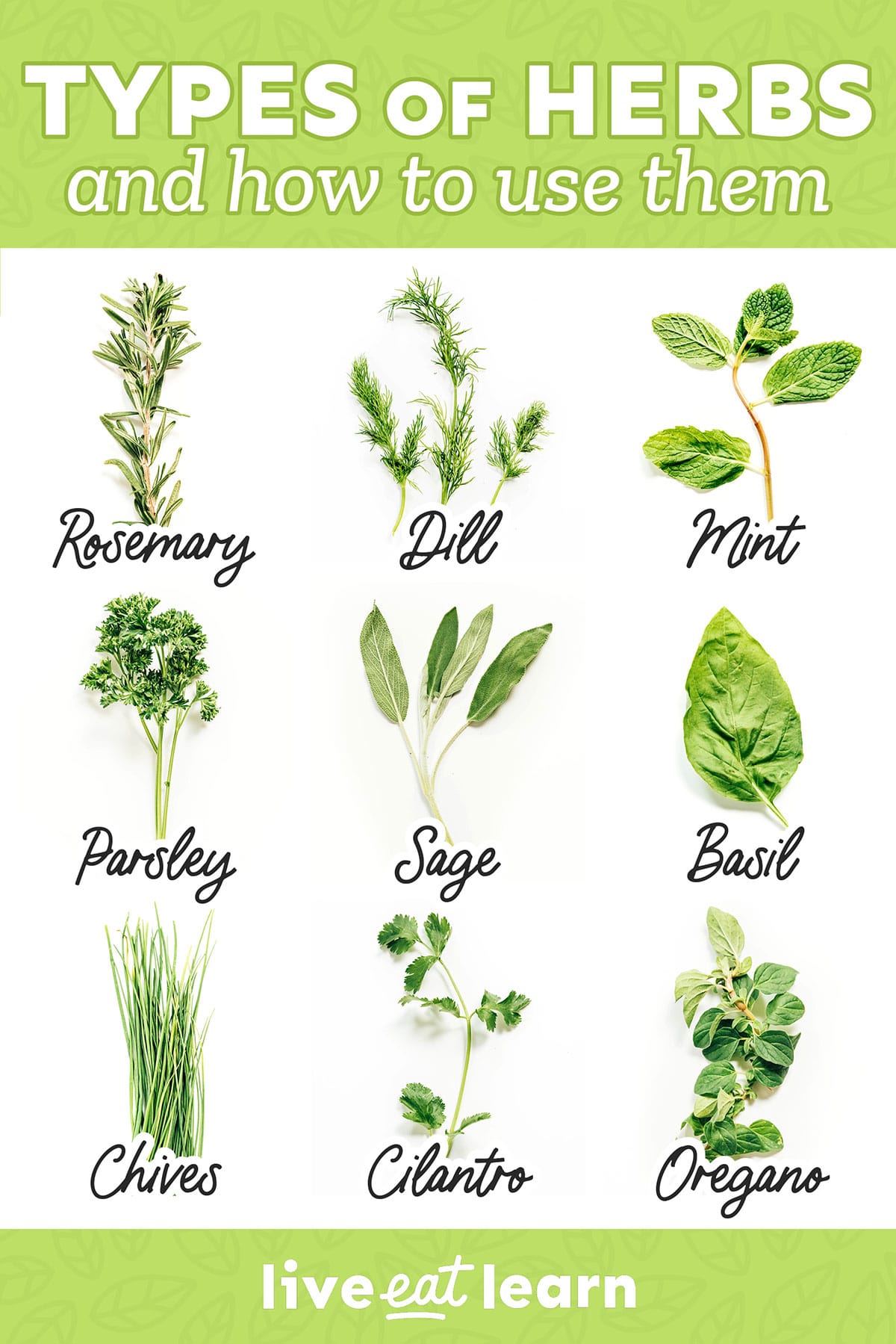 |
Substitute For Dried ParsleyIf you want to make a recipe without parsley, try using cilantro, dill, oregano, or sage instead. They are all delicious substitutes for dried.. |
 |
Herbs That Grow in WaterThere are several types of herbs that grow in water. These include Cilantro, Thyme, Oregano, and Lavender. Here are some tips to help you grow these.. |
 |
Perennial Herbs For Zone 4If you're in Zone 4 and are looking for perennial herbs, lemongrass and thyme are great choices. These plants thrive in cooler climates and can be.. |
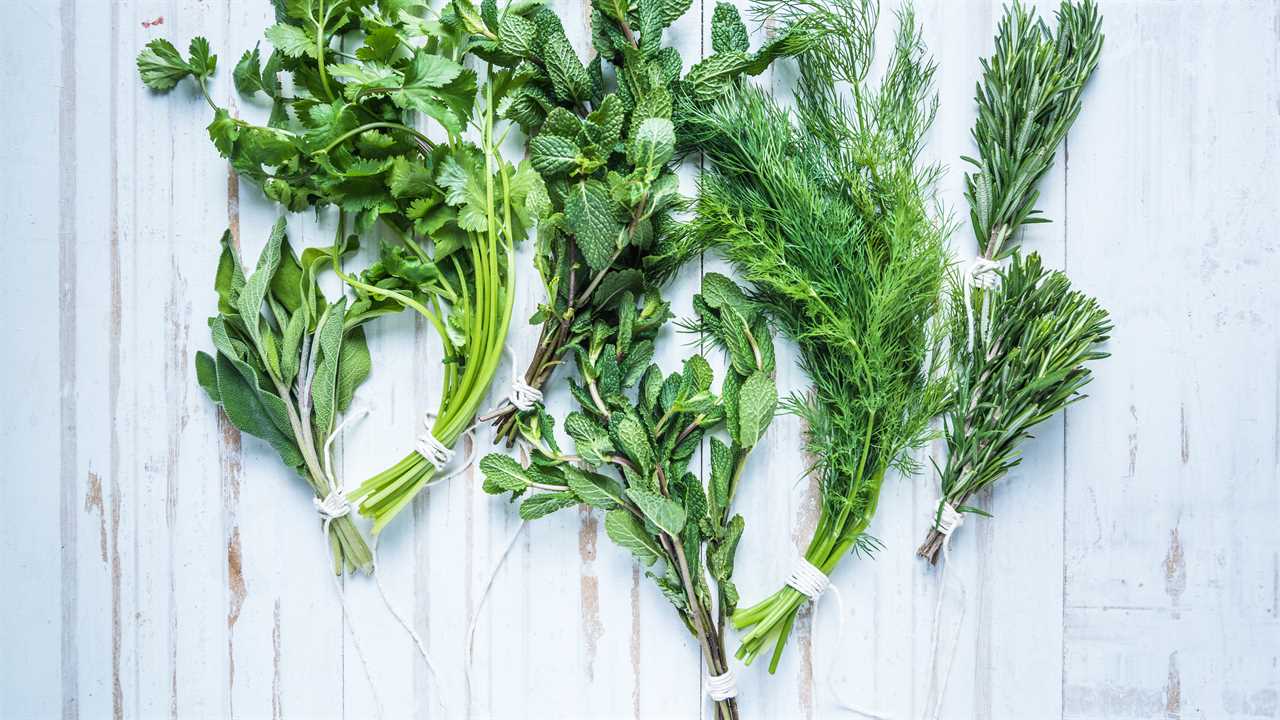 |
Tips For Growing MenthaA mint plant is a great choice for a water garden or small water feature. They have light lavender flowers, dark green leaves with purplish veining,.. |
 |
Medicine From PlantsThe use of medicine from plants has long been an essential part of traditional Chinese medicine. This ancient practice involved a wide range of plant |
 |
Ayurvedic Medicine Side EffectsAyurveda is an alternative medicine with historical roots in the Indian subcontinent. While its theory is considered pseudoscientific, it is still.. |
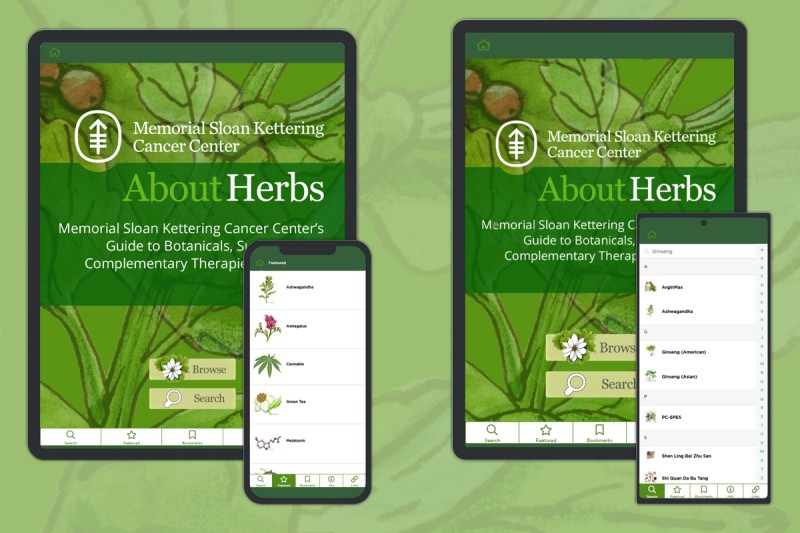 |
Growing Herbs IndoorsGrowing herbs indoors has a number of benefits, including increased yield and reduced watering. It can also be beneficial for people who are.. |
 |
6 Herbs High in MagnesiumMagnesium is an important mineral that plays an essential role in heart, brain, and musculoskeletal health. Since magnesium is required ... Read more |
 |
Citrus Bergamot vs. Red Yeast Rice: Similarities & Differences ExplainedCitrus bergamot and red yeast rice are two herbs compared to each other due largely to their potential to reduce ... Read more |
 |
Citrus Bergamot vs. Bitter Orange: Similarities & DifferencesCitrus bergamot and bitter orange are both popular herbs with health benefits for metabolism and weight loss. However, they both ... Read more |
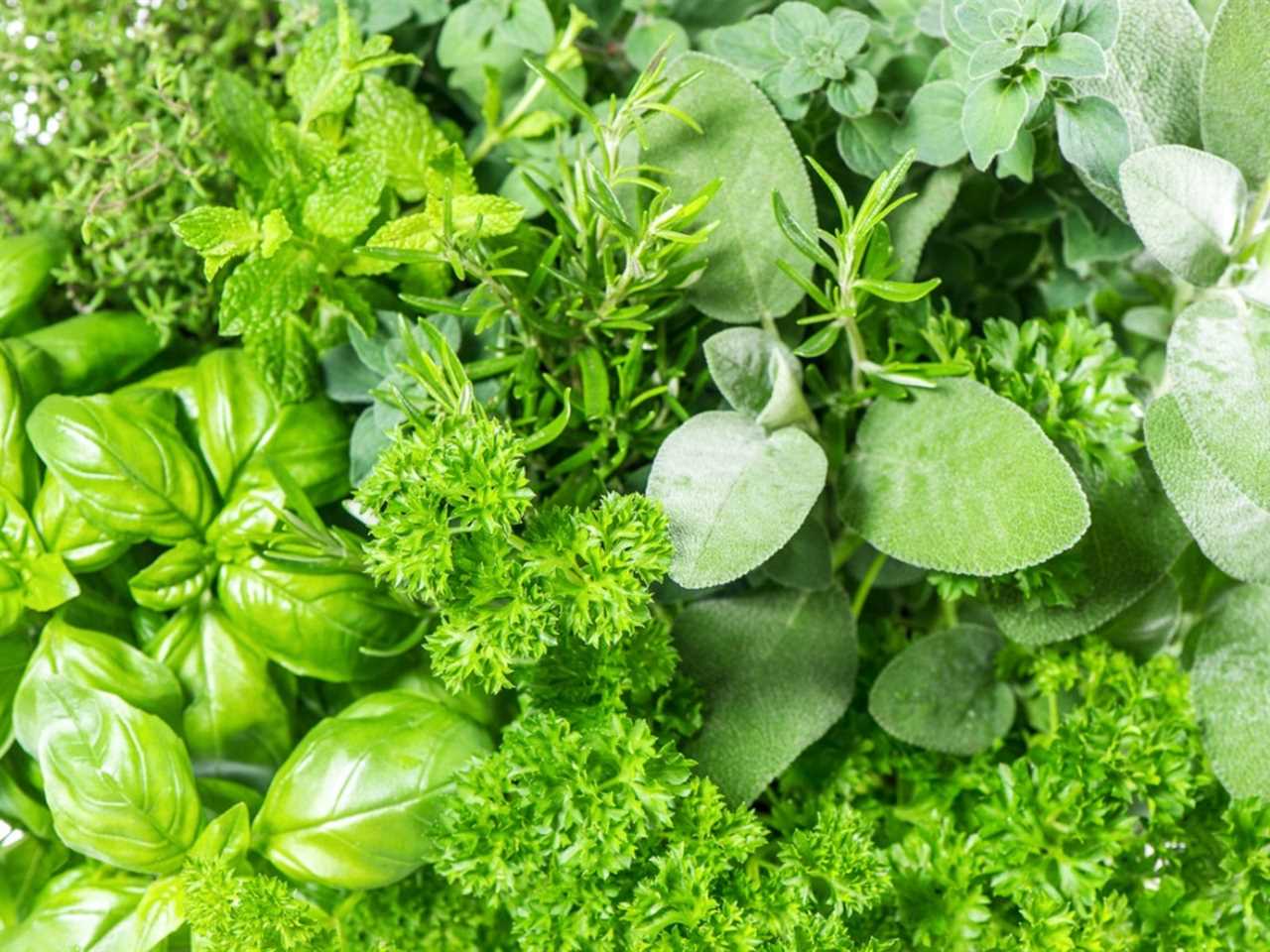 |
The Cup of LifeLike life, tea is what you make of it and The Cup of Life helps individuals enjoy tea in more than one way. Join me on my tea adventures through my blog! |
 |
6 Herbs High in ZincZinc is an important trace element that contributes to immune function, tissue repair, and gene synthesis. Since zinc is involved ... Read more |
 |
5 Herbs High in PotassiumPotassium is a mineral that plays a crucial role in maintaining overall health and wellness, especially for muscle and nerve ... Read more |
 |
Feb 14, How to Use Ground Ivy with Val AlcornIt’s always exciting to hear about a little-known herb with powerful medicinal action. Join this conversation about ground ivy with Val Alcorn! |
 |
Feb 21, Benefits of Calamus Root with jim mcdonaldJoin me and my friend and herbalist jim mcdonald as we discuss the benefits of calamus root, including clearing away mental cobwebs and enhancing your focus. |
 |
Mar 1, Cottonwood BenefitsJoin me in this episode all about cottonwood and find out why it has been used as medicine and to make a variety of tools for thousansa of years! |
 |
Mar 7, The medicine of calamus root (rhizome) and leaves with Karyn SandersIt was an honor and a deep pleasure to have this informative conversation about calamus root benefits with Karyn Sanders. Join us in this new episode! |
 |
Mar 14, Dandelion with Nancy PhillipsLet's sit down and discuss dandelion with herbalist and author, Nancy Phillips |
 |
Delicious Elderberry Syrup Gummies for Cold Flu & SleepElderberry syrup is immune enhancing and protective against colds and flu. It’s one of my favorite natural remedies for avoiding or beating the flu. These flu |
 |
Helpful Plant Remedies For Anxiety And StressFeeling anxiety and stress lately? Are you feeling frustrated and wish you could just find a way to relax? Do you find that your heart is usually beating |
 |
Tomato Tea, A Natural Cold and Flu RemedyThis tea really works! You can literally feel your sinuses opening up. It’s an immune booster so even if you’re not sick drink this when others around you are |
 |
What Are Digestive Bitters And Should You Take Bitters?Bitters are a drink you sip before a meal to aid in healthy digestion. Traditional diets contained bitter foods because of their digestive action. The bitter |
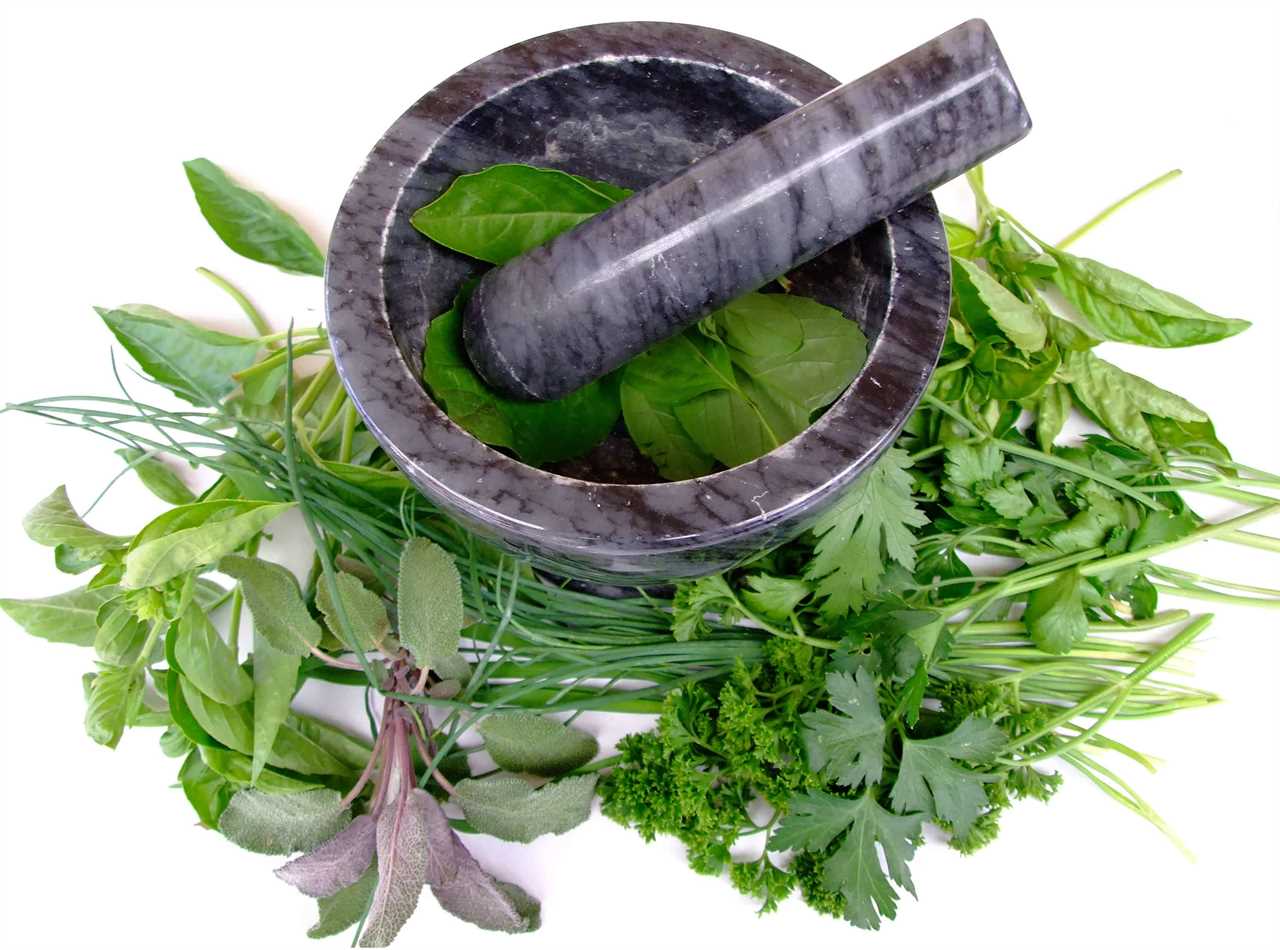 |
Tony Gebely · Tea Epicure · Taste DifferentlyA tea assessment platform that rates teas based on objective quality markers and a sensory evaluation resulting in a list of the best teas produced each year. |
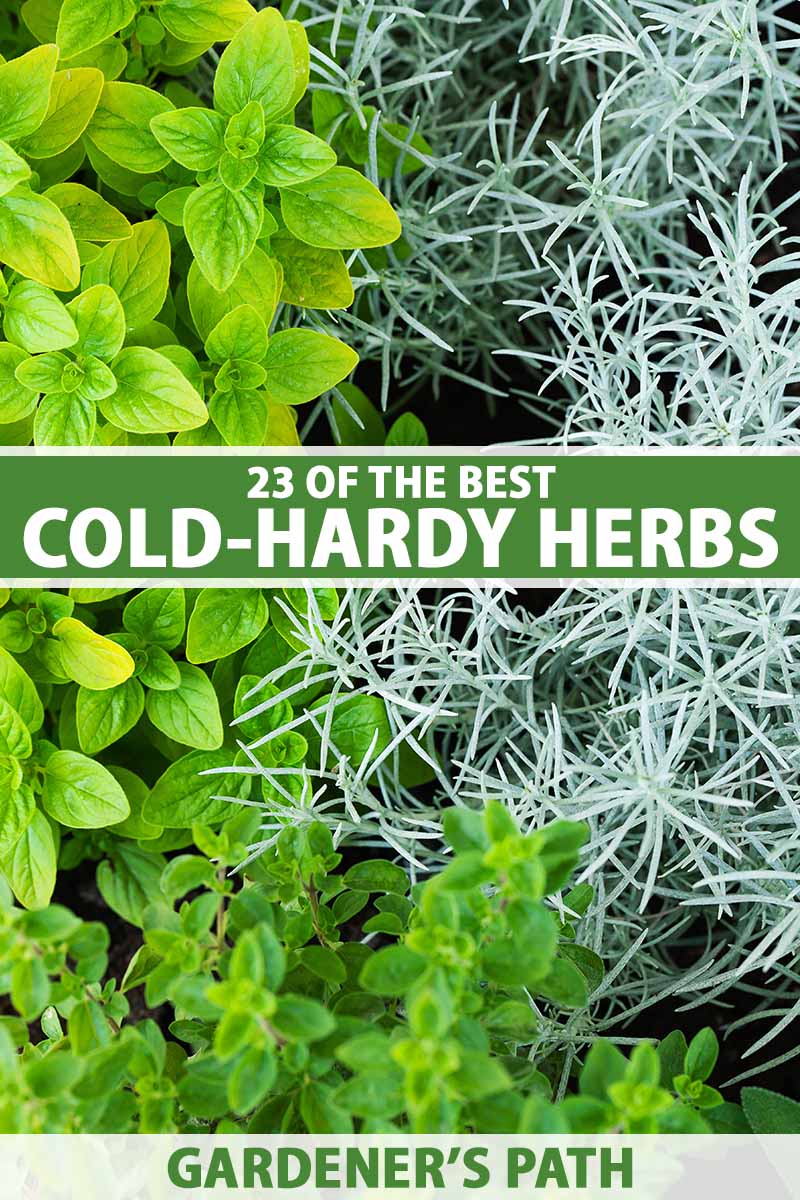 |
Motherwort Has Amazing Benefits For Your BodyMotherwort (Leonurus cardiaca) is found growing in the wild in vacant lots and gardens. It’s easy to spot as motherwort grows to a height of 5 feet and has |
.png)





